Round 7 Seed Grant Recipients Announced
The Hopkins Centre is pleased to announce the successful project recipients from our 7th round of Seed Grant funding. Seed Grants support clinicians and researchers to undertake important multidisciplinary research into priority areas, relevant to disability and rehabilitation clinical practice, service delivery and systems.They are designed to provide support for research in the 'start-up' phase, such as pilot work; in the translation phase, such as practical implementation of existing knowledge; or the progress phase and/or up-scaling of existing programs. Our past Seed Grants have been testament to the idea that interdisciplinary teams of researchers facilitate collaboration which would not otherwise have been possible - often leading to further research and funding opportunities and/or achieving improved practice or service delivery outcomes.
The successful recipients of the Hopkins Centre's Round 7 Seed Grant funding are:
Can we enhance the home modification process and outcomes using 3D visualisations of ADLs? A proof-of-concept study.
Chief Investigator: Coral Gillett

Coral and her project team aim to improve the outcomes of home modifications for people with disabilities and support the clinicians who design them (Occupational Therapists). The project will develop a prototype tool that provides interactive 3-dimensional visualisations of common daily activities that the home modifications need to support – illustrating complex spatial interactions between the individual, carer or support worker, mobile aids or AT used, and the fixed or built-in elements of the home environment. The tool will assist the different Home Modification stakeholders in understanding the spatial requirements of such activities, and in designing the home modifications accordingly.
EPIC-Tech: Engineering and Physiotherapy Interdisciplinary Collaboration with Technology - exploration of a transdisciplinary approach to allied health services at the Princess Alexandra Hospital.
Chief Inevestigator: Dr Camila Shirota
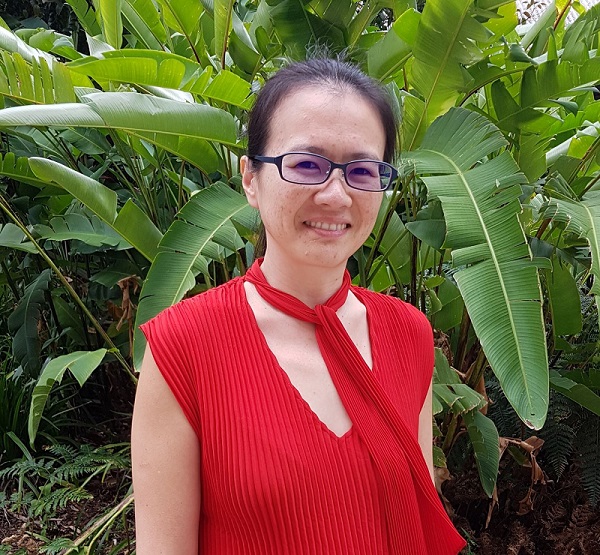
There is increased pressure on physiotherapy services to deliver more therapy with less resources. Technology could help deliver rehabilitation services more efficiently; however, there are many challenges to adoption of technology in clinic.This project aims to explore the implementation of EPIC-Tech (Engineering and Physiotherapy Interdisciplinary Collaboration with Technology) – a model embedding rehabilitation engineers into the Brain Injury Rehabilitation Unit (BIRU) and the Geriatric and Rehabilitation Unit (GARU) at the Princess Alexandra Hospital (PAH) in Brisbane - using a novel robotic device.
Implementing principles of health literacy into rehabilitation practice using a change champion/co-design approach: A pilot and feasibility evaluation.
Chief Investigator: Dr Delena Amsters
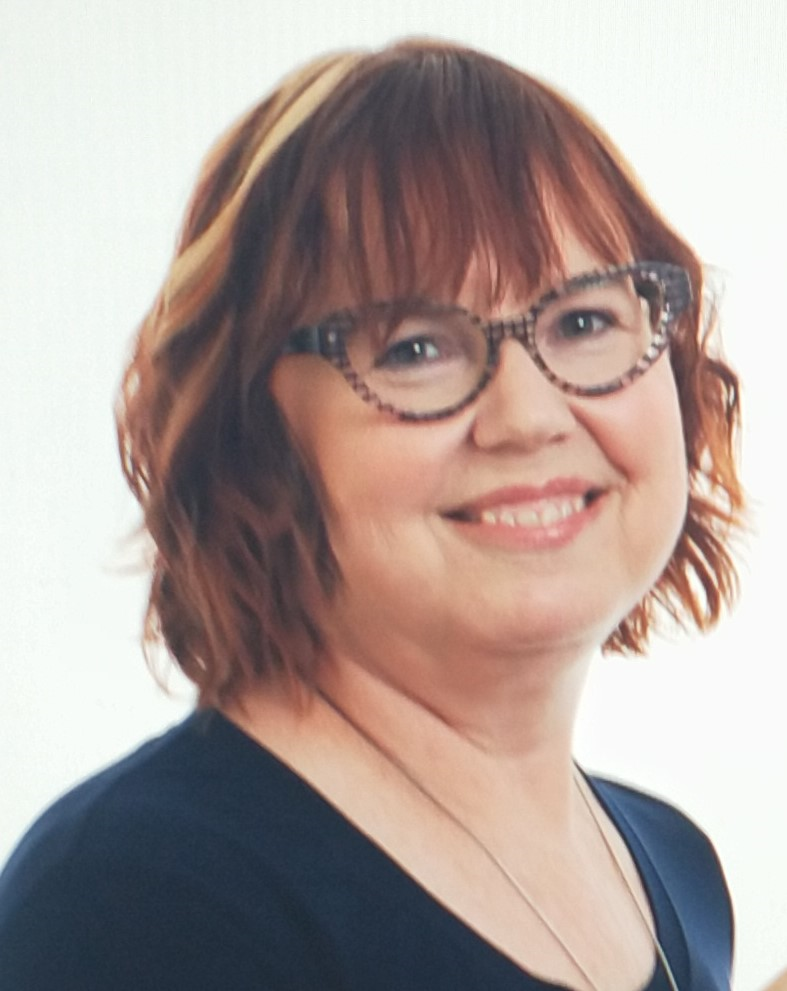
Current models of healthcare and disability are increasingly focused on providing autonomy and choice over decision-making for people with disability. Central to this is health literacy - the ability to find, understand, and use information to inform health-related decisions and actions.The Health Literacy in Rehabilitation Project (the HLR Project) will ensure that rehabilitation services enhance the health literacy of their service users, positioning them to advocate for their health and rehabilitation needs. The HLR Project will start by co-designing a health literacy toolkit suitable for use by clinicians in the Spinal Outreach Team.
Sustained employment following acquired brain and spinal cord injury: Case studies involving employees, employers, and service providers.
Chief Investigator: Dr Jessie Mitchell
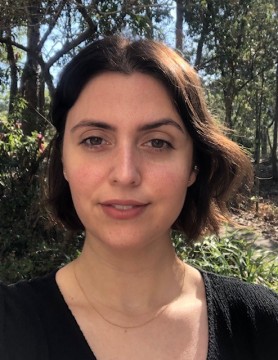
People who experience life-disrupting injuries, like acquired brain injury (ABI) and spinal cord injury (SCI), can face many challenges in returning to, finding, and sustaining employment. The multi-disciplinary research team leading this project aim to use real-life employment journeys to identify enablers of sustained employment for people with ABI or SCI. This project will capture the experiences of people who have sustained their job with the same employer for at least 12 months following and ABI or SCI, and their employers and service providers (e.g., rehabilitation clinicians).
Supporting friendships and social connection across the rehabilitation continuum for people with spinal cord injury (SCI) and acquired brain injury (ABI): Real strategies for sustainable change.
Chief Investigator: A/Prof Melissa Kendall
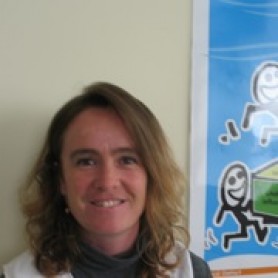
Research suggests that friendships are challenged in the period following ABI and SCI, and often lost over time. Friendships have received little attention within the rehabilitation setting yet service users and healthcare professionals alike recognise their importance for improving quality of life following brain or spinal cord injury. Using a 3-tiered approach, this project aims to maintain and build friendships and social connections throughout rehabilitation for people with SCI and ABI.
What effect does virtual reality-based nature exposure have on anxiety and depression in people with brain injury in a hospital rehabilitation ward?
Chief Investigator: Dr Mike Norwood
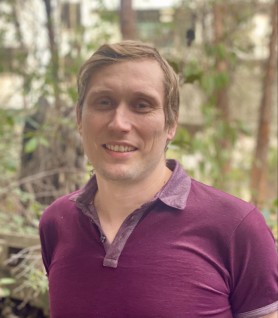
ABI is increasing globally and is a major cause of morbidity. Experiencing ABI increases the risk of mood disorders, including depression and anxiety; the management of which are difficult and under-researched. A promising approach lies where technology and nature intersect. Virtual nature exposure can reduce affective symptoms in populations for whom real nature is inaccessible. This pilot study will partner with clinician-researchers from the Gold Coast University Hospital and Logan Hospital, to investigate the impact of virtually delivered nature exposure on anxiety and depression for people with an ABI.

